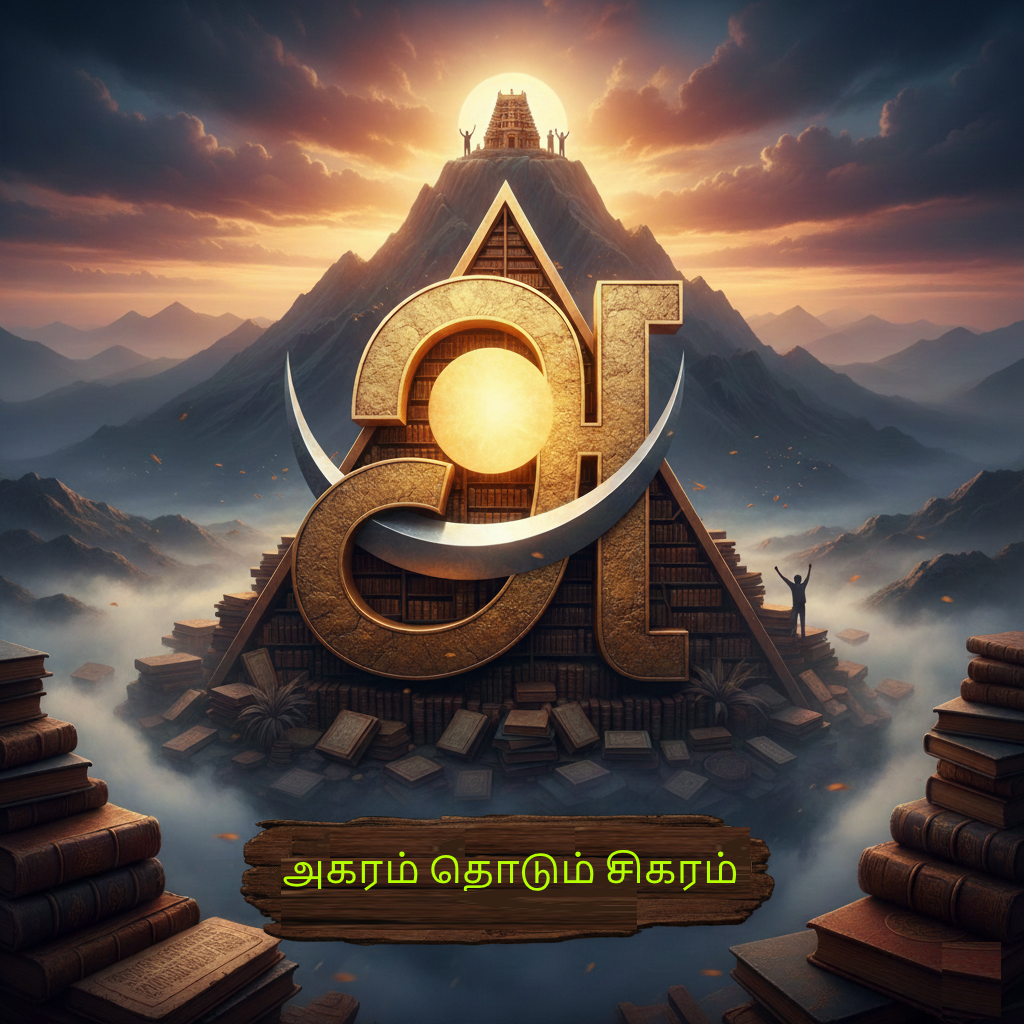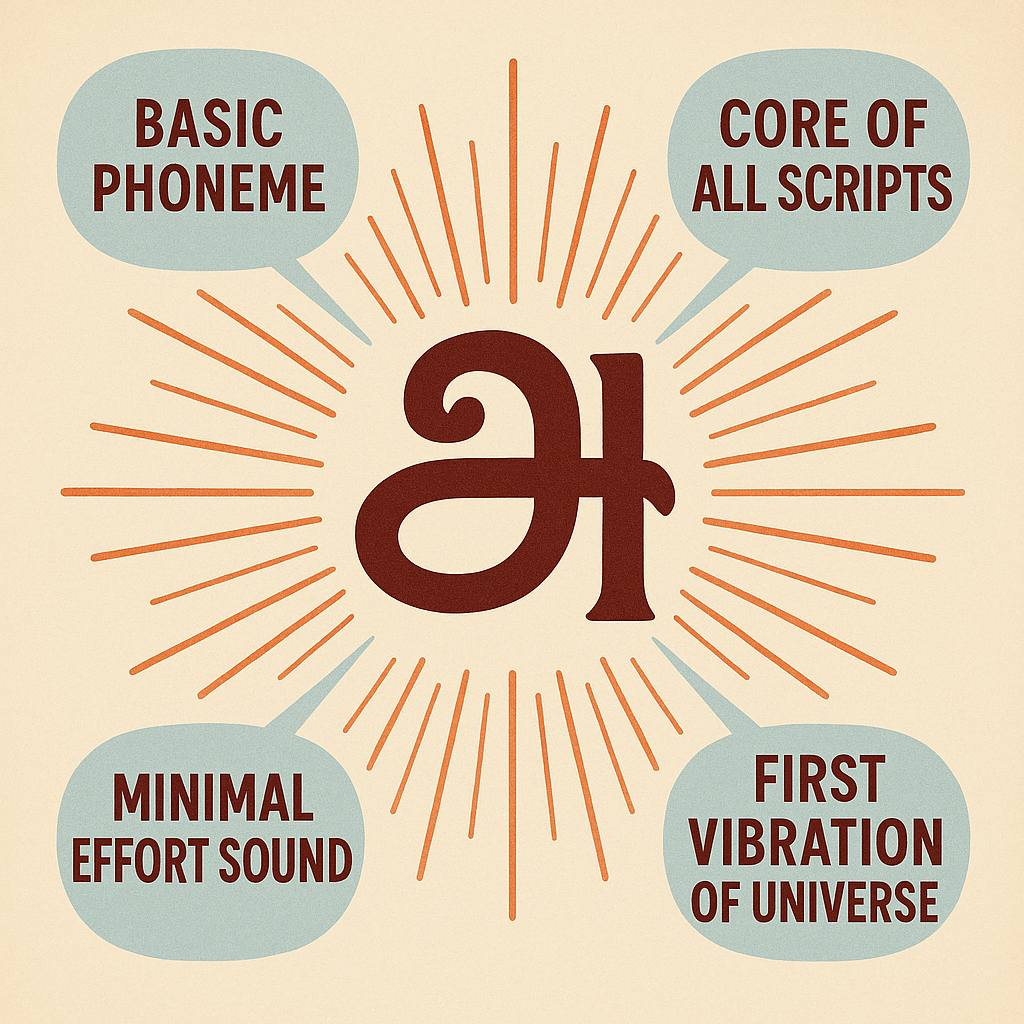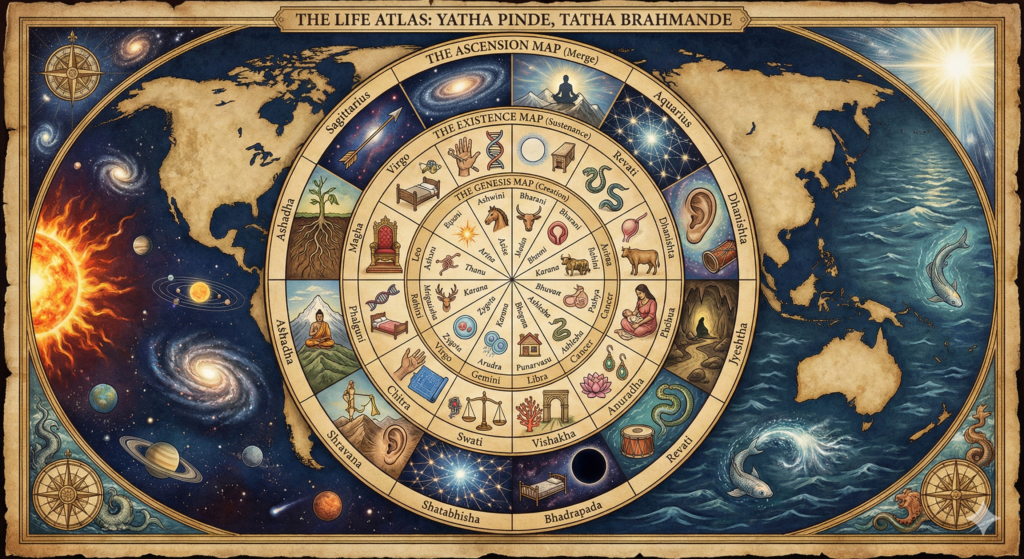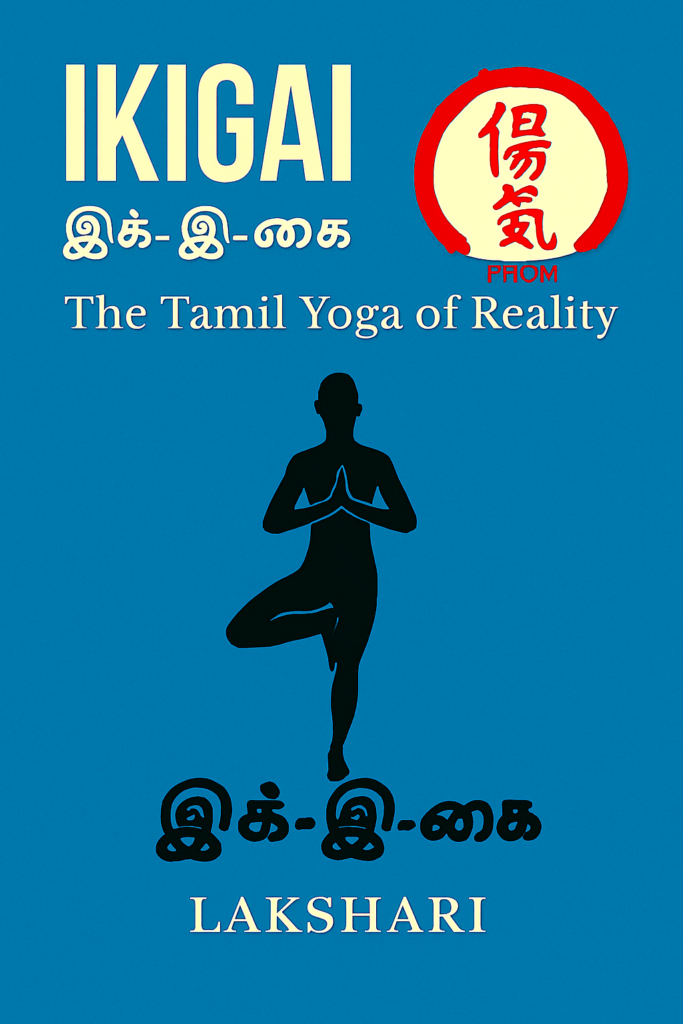Subtitle: A Framework to Measure Purpose, Speed, and Fulfillment in a Modern World.

Part 1: The Map – Finding Your Coordinates
Publish Date: Week 1
Headline: Are You Moving Forward or Just Moving?
The Hook:
Most people live life like a traveler without a map. We work hard, we earn money, we study, but often we feel lost. We ask, “Am I in the right place?” Today, we introduce a simple framework to locate exactly where you are in the journey of life.
1. The Two Axes of Life
Life isn’t a straight line; it’s a grid. To find your purpose, you need to look at two dimensions:
- Axis 1: Living for Self (Time): This is your internal journey.
- Student: Learning and absorbing.
- Provider: Earning and supporting the family.
- Preserver: Securing assets and retirement.
- Giver: Detaching and serving society.
- Axis 2: Living for Others (Space): This is your contribution to society.
- Producer: Making things.
- Organizer: Managing resources.
- Guardian: Protecting order.
- Educator: Sharing wisdom.
2. The Life Matrix
(Insert the 4×4 Matrix Diagram here)
When you cross these lines, you find your “Coordinate.”
- Are you a Provider-Organizer (B-2)? You are the engine of the economy, but are you burning out?
- Are you a Student-Producer (A-1)? You are building the skills to create.
3. The Trap
The danger is getting stuck in one coordinate (like “Provider-Organizer”) forever. The goal of life is to move through the stages—to learn, to earn, to secure, and finally, to give.
Part 2: The Physics – Measuring Your Life Speed
Publish Date: Week 2
Headline: Why “Busy” Does Not Mean “Fast”
The Hook:
We often think “Speed” means doing more things in less time. But in physics—and in life—speed is different. If you run on a treadmill, your speed is 10mph, but your destination is zero.
1. The New Formula
We propose a new way to measure your daily success:
$$Life Speed = \frac{\text{Distance (Value Created)}}{\text{Cost (Time \& Stress)}}$$
2. The 3 Gears of Life
- Low Speed (The Grind): High Cost / Low Value. (e.g., Spending 2 hours arguing or doing manual tasks that could be automated).
- High Speed (The Flow): Low Cost / High Value. (e.g., Making one strategic decision that saves a week of work, or spending 1 hour mentoring a child that builds a lifetime bond).
- Pit Stop (The Refuel): Zero Speed, but essential. (e.g., Rest, Meditation, Family Time).
3. The Daily Check
Don’t ask “How much did I do today?” Ask “What was the cost of my progress?”
- If you earned ₹10,000 but destroyed your health, your cost was too high. Your “Life Speed” was actually low.
Part 3: The Toolkit – Templates for Daily Practice
Publish Date: Week 3
Headline: How to Track Your Purpose in 5 Minutes a Day
The Hook:
Philosophy is useless without practice. Here are three simple templates—for students, professionals, and families—to track your Life Compass.
1. The Daily Log (For Professionals)
A simple table to track where your time goes.
- Columns: Activity | Role | Intensity (1-10) | Was it Maintenance or Growth?
- Goal: To spot if you are “Drifting” (Low Intensity) or “Driving” (High Intensity).
2. The Family Compass (For Vacations)
Turn your family trips into a game.
- Ask your kids: “Were you a Maker (Builder) or an Explorer (Finder) today?”
- Measure the day’s speed: “Did we Glide (Have fun) or Grind (Stress)?”
3. The “Day 4” Strategy (For Leaders)
The concept of the “Strategic Pause.”
- Spend one day designing the work so you can spend the next four days executing with speed.
- The Rule: One hour of thinking saves ten hours of doing.
Graphics & Visuals Plan for Harivulagam
To make the articles pop, I suggest creating these 3 simple images (I can describe them for your designer):
- The Matrix Grid: A clean 4×4 grid showing the intersection of “Self Stage” and “Society Role.”
- The Speedometer: A graphic showing “Value” as the numerator and “Stress/Cost” as the denominator.
- The Daily Log Card: A printable image that readers can save to their phones.








